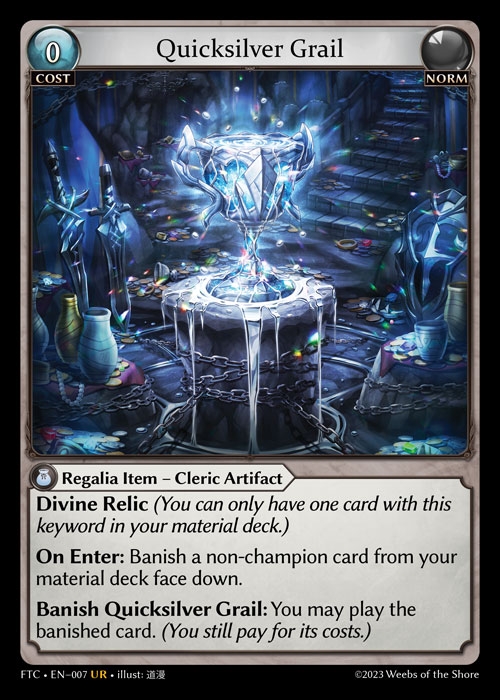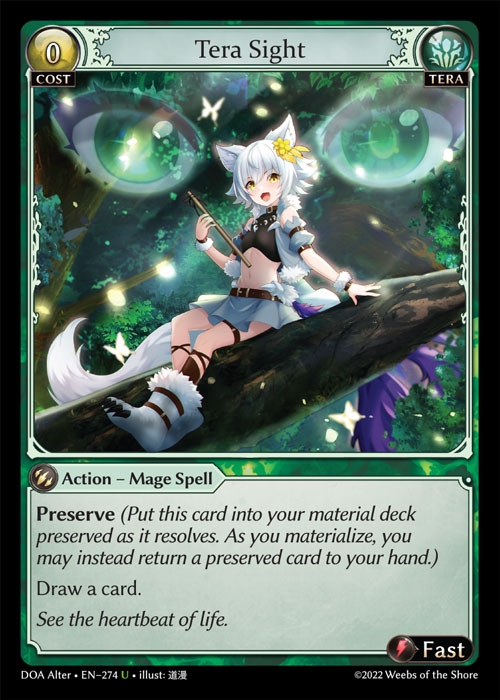Types of Effects - Replacement Effects
General Rules:
Replacement effects are effects that will cause a specified effect or outcome to occur instead of another or that override the default effects or outcomes as described in the game rules.
Replacement effects are applied in the order desired by the controlling player whose objects, zones, cards, etc, those replacement effects pertain to.
The replacement effect order is determined sequentially in a step-wise fashion; it does not follow the first-in-last-out structure like the Effects Stack.
When replacement effects are being applied, if multiple effects are replacing or modifying a single type of outcome (such as damage a unit would receive), the replacement effects of a given nature will be applied sequentially and determined discretely until there are no further replacement effects to consider.
After a replacement effect is applied, only any remaining effects that can apply will be pending replacement.
Replacement effects typically use phrasing such as “If [X event] would occur, [do Y]” and commonly use the word “instead.” (In rare cases, "when" and "whenever" have been used.)
Damage prevention is a common type of replacement effect that will also use the word “prevent.” Effects using this word are almost always replacement effects.
Replacement effects may still be generated as a result of a triggered ability. Vice versa, triggered abilities may become triggered as a result of an alternative outcome from the result of a prior replacement effect.
Replacement effects can also be continuous effects.
Damage prevention effects are often a type of replacement effect.
Some cards allow a player to replace a method of playing a card with another effect (such as Preserve, which replaces a materialization by returning the Preserved card from the material deck to the hand).
Situations in which a card (face-up or face-down) can be legally played in the manner being replaced do not require revealing that card. However, certain situations may result in attempting to replace a playing method that is not publicly known, typically caused by cards being set face-down in a zone with private or hidden characteristics. In those cases, the player replacing the play method with an effect must reveal the intended card and its intended play method before it can be replaced.
E.g., a player controls a Quicksilver Grail and has banished a non-champion card. That player activates the ability of the Grail and states they wish to return a card Preserved in their Material deck to their hand rather than materializing the card. That player would have to reveal the face-down card and show that it was possible to materialize it. If, on the other hand, the face-down card was a card that could only be activated and not materialized, they would be unable to replace the play method with Preserve’s ability.


Last updated

